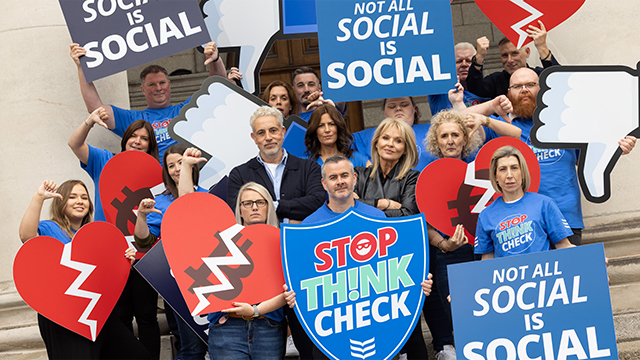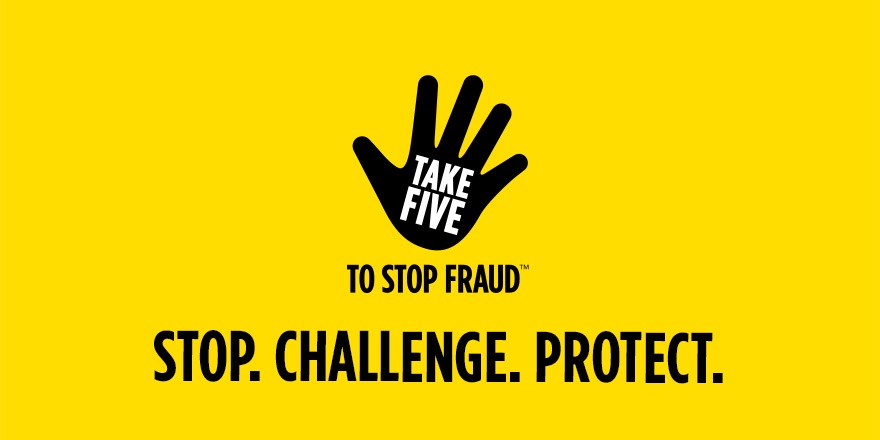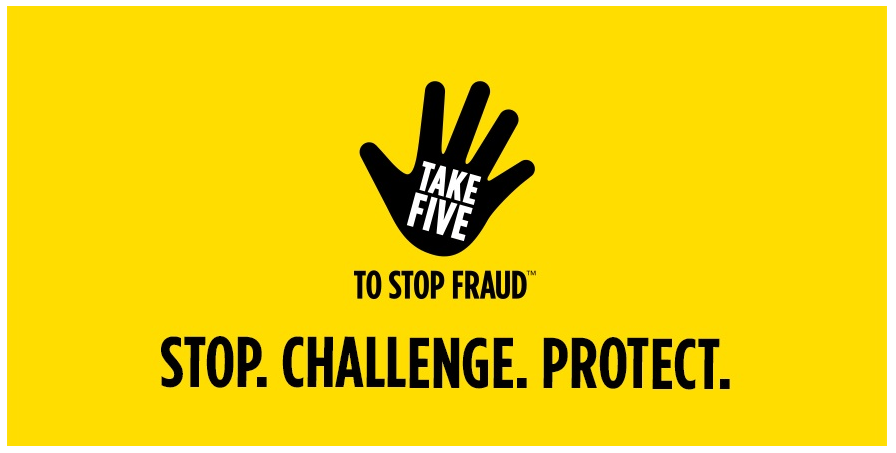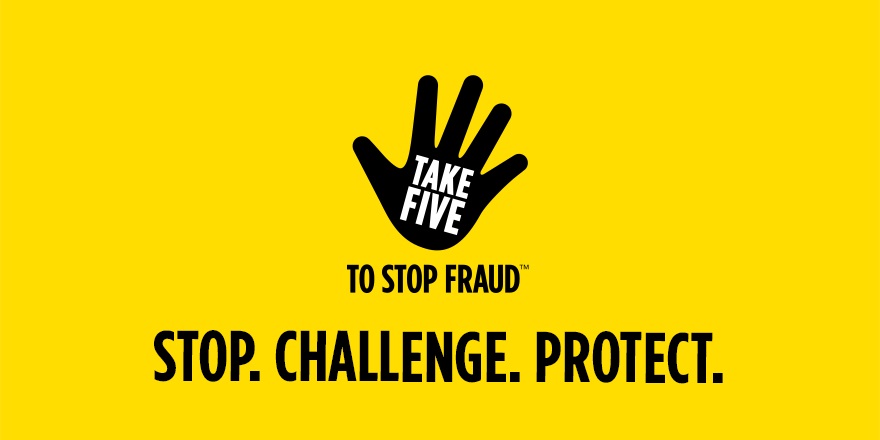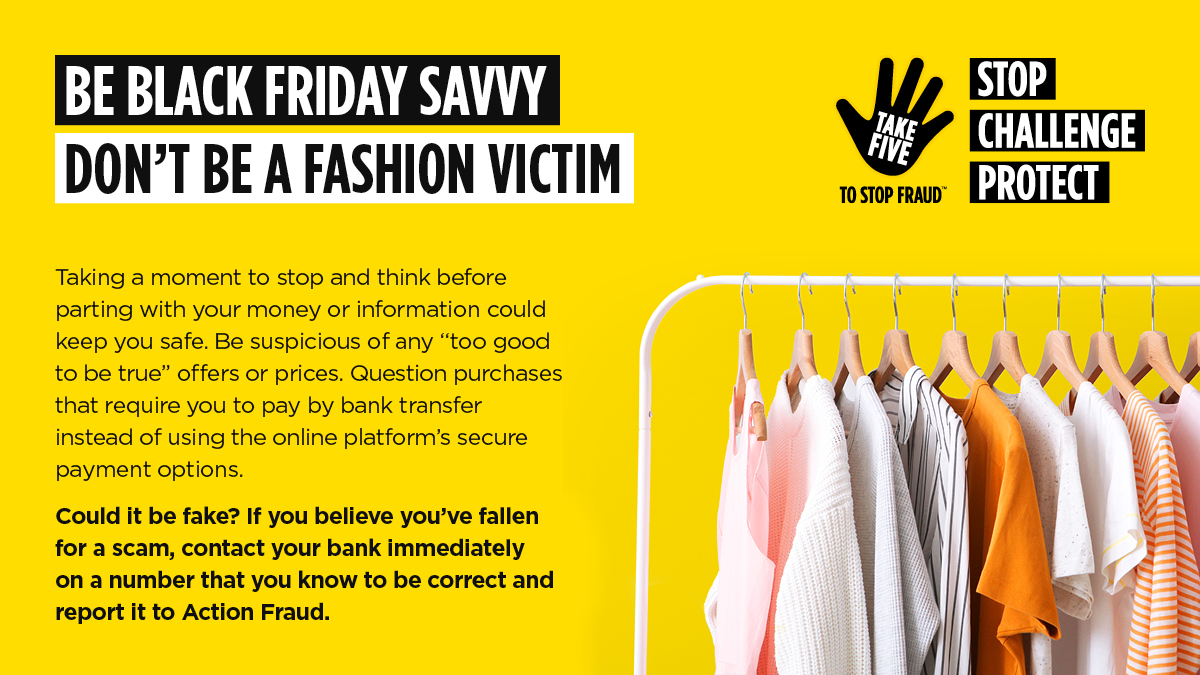Fraud Awareness “Drop-in” Branch Events
Bank of Ireland UK cares about keeping your money safe. To help protect you, we’re offering free fraud awareness “Drop-in” branch events.
These will take place across Northern Ireland. The locations and dates are listed below. Keep coming back to check, as more will be added soon.
Area | Location | Date | Time |
|---|---|---|---|
Subject to change
Remember to Stop, Think, Check… and together we won’t let the fraudsters win.
Events are also taking place in the Republic of Ireland; dates and locations of these events can be found here: Security Zone – Bank of Ireland Group Website.
